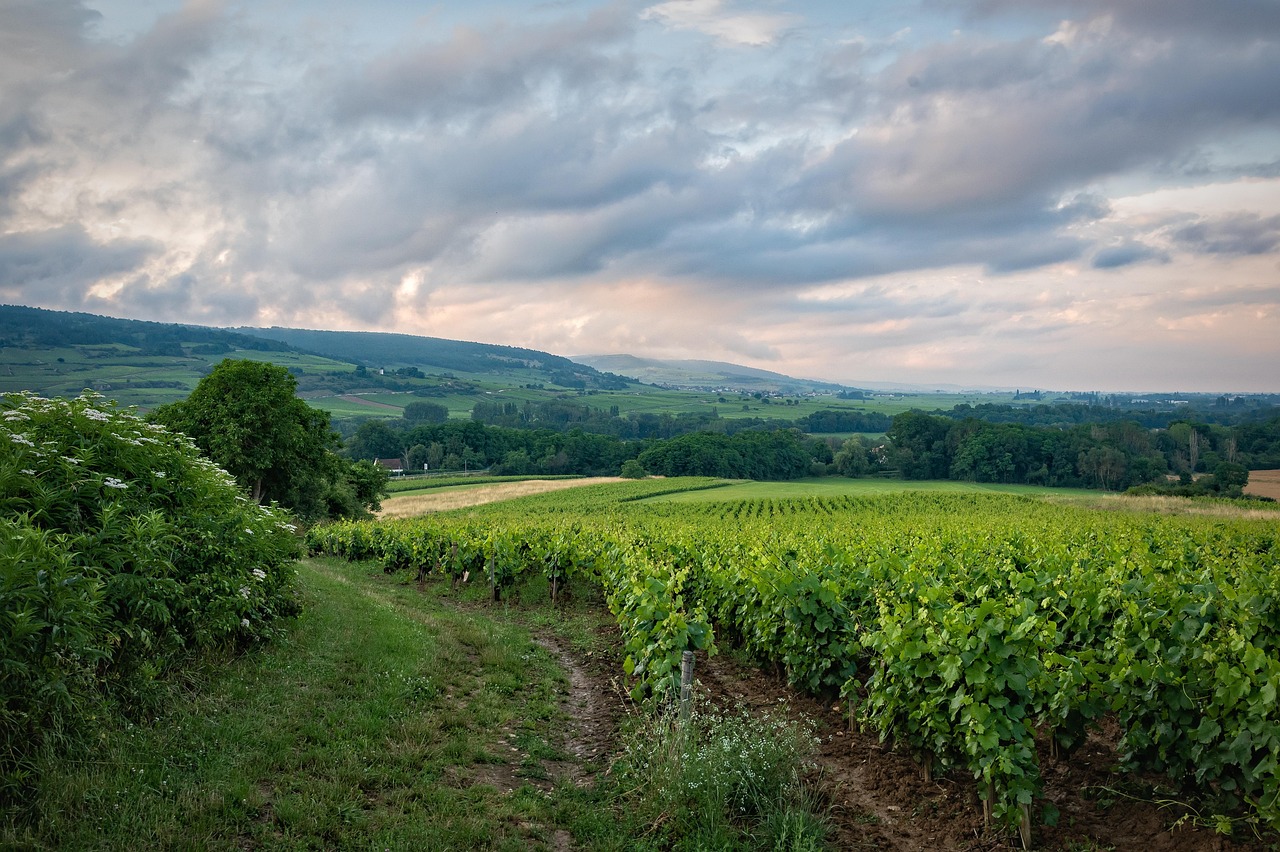
Photo by Peter H, pixabay.com
Ireland: Paving the Way for the Future of Sustainable Winemaking
By Gayil Nalls
Sign up for our monthly newsletter!
A s climate change reshapes the global landscape of agriculture, winemakers are increasingly turning to innovative solutions to meet the challenges of a warming world. One such solution is using hybrid grape varieties, which offer greater resilience and adaptability to fluctuating temperatures. In this burgeoning trend, Ireland, long known for its lush green fields but not its winemaking heritage, is emerging as an unlikely leader. Central to this movement is the Rondo hybrid grape, a variety that promises to revolutionize wine production in cooler, northern climates—making Ireland a beacon for the future of winemaking in new climates.
Ireland’s climate has been more synonymous with beer and whiskey production than viticulture for centuries. However, as global temperatures rise and traditional winemaking regions face hotter, drier conditions, Ireland’s cooler, wetter climate is starting to be seen in a new light. The island’s moderate temperatures and long, sunlit days provide an ideal environment for grape varieties that can thrive in less extreme heat.
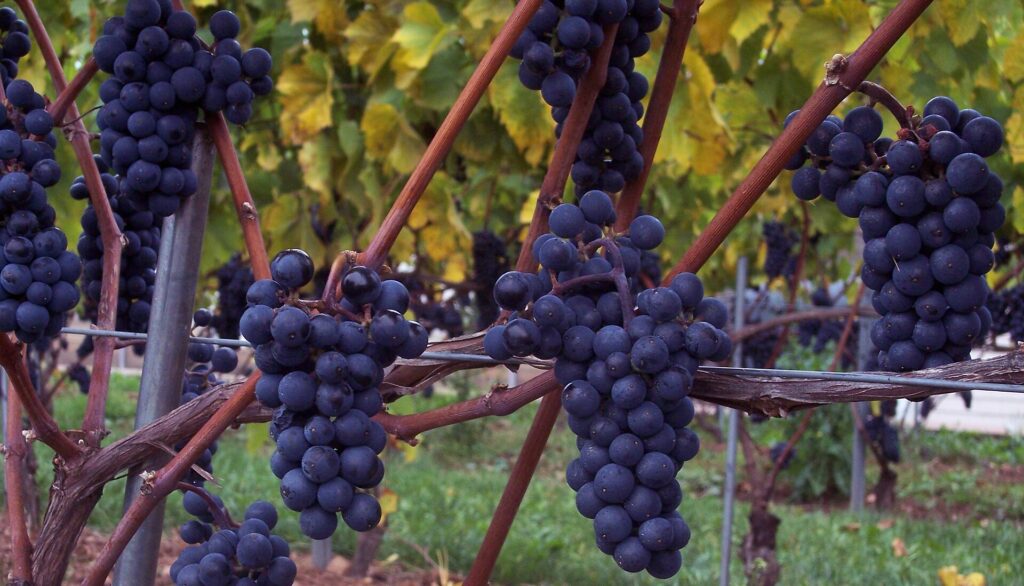
Yet, Ireland’s climate is still far from perfect for traditional grape varieties like Cabernet Sauvignon or Pinot Noir. Grape growing in such regions requires varieties that can handle unpredictable weather, especially cooler temperatures, humidity, and the occasional frost. This is where hybrid varieties like Rondo come into play, allowing Ireland to become a new frontier for wine production.
Rondo is a relatively recent creation in the world of viticulture, developed in the 1990s by crossing European grapes with more resistant American and hybrid species. The result is a hardy grape variety that is well-suited to colder climates, with a particular resistance to diseases like mildew, fungus, and bacterial rot that can be common in wetter environments. What makes Rondo particularly attractive for winemakers in Ireland and other northern regions is its ability to ripen early, even in the cooler growing seasons typical of the British Isles.
The grape produces wines with deep, rich color and a fruity profile, often described as a blend of cherry, blackberry, and plum, with a hint of spice. These characteristics make it an appealing option for red wine production, offering a taste of the familiar while adapting to the new terroirs of the North.
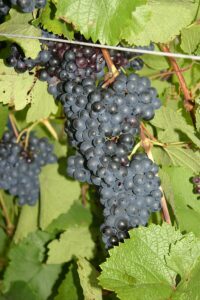
The rise of hybrids like Rondo is not just a response to climate change but also a key part of sustainable viticulture practices. As the wine industry faces increasing pressure to reduce its environmental footprint, hybrids offer a way forward. These grapes tend to require fewer inputs, such as pesticides and fertilizers, thanks to their natural resistance to diseases and pests. Additionally, their ability to thrive in cooler, wetter conditions reduces the need for excessive irrigation, making them an ideal crop for regions where water scarcity may become an issue in the future. The role of hybrid varieties are moving sustainable viticulture forward.
In Ireland, where vineyards are still relatively small and experimental, Rondo’s resilience is a crucial factor in the success of the industry. As winemakers push to cultivate grapes in regions traditionally not associated with wine production, they are learning that the key to thriving in these environments lies in choosing the right variety—one that can withstand the challenges posed by the changing climate while also producing wines of quality and character.
In recent years, several pioneering wineries in Ireland have started to experiment with hybrid varieties, particularly Rondo, as they explore the potential for creating world-class wines. There is thought to be about 40 vineyards across the country. Some of first commercially recognized vineyards, are located in counties such as County Cork, County Antrim, and County Wexford, and have seen some initial success with hybrids. Rondo and other hybrids are working well with Ireland’s cooler temperatures and helping them avoid many of the challenges faced by traditional grape varieties.
While Irish winemakers are still in the early stages of their journey, the results so far have been promising. The rapid development of Ireland’s wine industry in the hybrid space, has caught the attention of wine critics and industry professionals alike. The winemaker, Davis Llewellyn with a vineyard in Lusk, north of Dublin, was featured in the December 28-29, 2024 Financial Times for his surprising global recognition by winning two gold medals in a prestigious international contest for hybrid varieties. The wines produced from these hybrids, including Rondo, have received glowing reviews for their vibrant flavors, natural acidity, and ability to reflect the unique characteristics of the Irish terroir.
Ireland’s success with hybrid varieties like Rondo could have far-reaching implications for the future of winemaking in colder regions around the world. As climate change continues to affect traditional wine-growing areas, the lessons learned from Ireland’s experimentation with hybrids could guide other regions—such as Scandinavia, the UK, and parts of Germany and Canada—toward a new era of sustainable, climate-resilient winemaking.
What Ireland offers is a case study of how the wine industry can adapt to shifting climatic conditions. The emphasis on hybrids not only allows for the creation of high-quality wines but also ensures that these wines can be produced sustainably, without contributing to the environmental degradation that has often accompanied traditional viticulture practices in warmer climates. As more vineyards adopt hybrid varieties like Rondo, Ireland is well-positioned to become a leader in the global wine industry, particularly for those seeking wines that are both innovative and reflective of new terroirs. The marriage of traditional winemaking techniques with the latest in hybrid grape breeding is helping to create a unique wine culture in Ireland—one that looks to the future while paying homage to the island’s rich agricultural history.
As the world’s wine regions confront the realities of climate change, Ireland’s foray into hybrid grape cultivation may well offer a blueprint for how winemaking can evolve in new climates. By embracing the possibilities of Rondo and other hybrids, Ireland is helping to shape a more sustainable, resilient, and diverse global wine industry for the generations to come. Ireland’s exploration of hybrid grape varieties like Rondo represents a significant step forward in the evolution of winemaking in new climates. With its cooler temperatures, abundant rainfall, and growing interest in sustainable viticulture, Ireland is proving that quality wines can be produced in places once considered inhospitable to viticulture. As hybrid varieties continue to gain traction, Ireland stands as a shining example of how innovation, adaptation, and climate-conscious choices can define the future of winemaking in a rapidly changing world.
Gayil Nalls, PhD is an interdisciplinary artist and theorist. She is the founder of the World Sensorium Conservancy and the editor of its journal, Plantings.
References
Webber, Jude. Ireland’s vineyards win global recognition, Financial Times International, December 28-29, 2024
Plantings
IsIssue 44 – February 2025
Also in this issue:
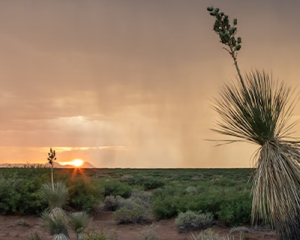
Scent Makes a Place
By Katy Kelleher
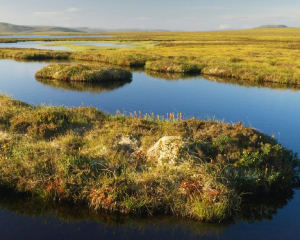
How Art Inspired by Peatlands Can Help Us Confront the Climate Crisis
By Benjamin Gearey, Maureen O’Connor and Rosie Everet

Peatlands worldwide are drying out, threatening to release 860 million tonnes of carbon dioxide every year
By Yuanyuan Huang and Yingping Wang
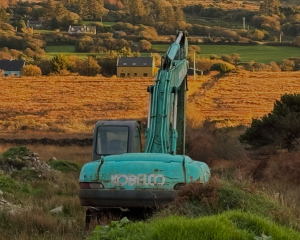
Farmers at the Forefront of Conservation
By Brendán O’Caoimh

A Buffer Zone for Trees
By Syris Valentine
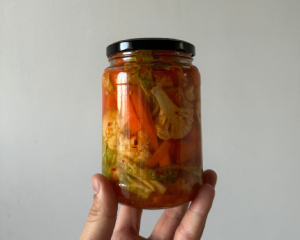
Eat More Plants Recipes:
Spicy, Tangy, Crunchy, Pickle Mix
By Ian Sleat
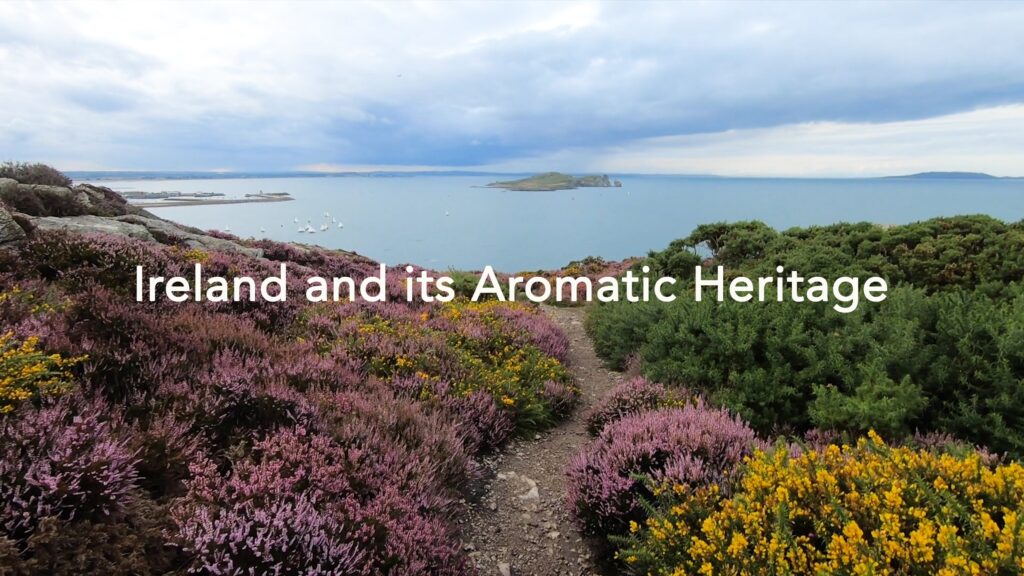
As Ireland transitions from the rich, smoky scent of peat-burning to a more sustainable future, its olfactory heritage is evolving. What will become the next iconic aromatic symbol of Ireland?
Click to watch the documentary trailer.

